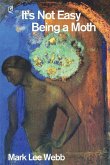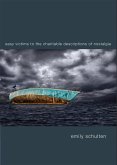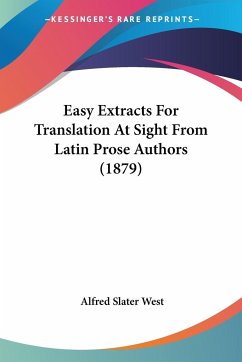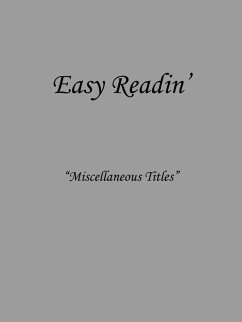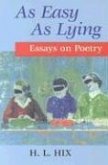The seventh book by the retired Georgetown professor advertises itself truthfully: it's easy-going, easily understood, and full of easy rhythms and rhymes. As the title poem about his happy marriage avers, "how / easy it is, the times like this, when it's simple." Flint's plain and folksy verse stays true to its humble intentions: in short-line forms, ballads, odes, and elegies, he records moments of joy. "Take the Moment: Thursday Aubade" remembers a lyrical time in Perugia, on his wedding anniversary, with a worker singing outside; in "Windfall from Edna Millay," he's amazed by an actual windfall of apples in a field; "Strawberries like Raspberries" describes the wonderful fruit of economically depressed Bulgaria; and "Henry & June the Movie" defends the sexiness of its female leads against criticism. Sex is often a laughing matter for Flint: "Never Again Would Birdsong" is a ditty about the link between laughter and orgasm, which Flint expounds upon at length in "HaHa," a poem that plays on the Old English roots of the word "laugh." Raised in the austere Midwest, Flint recalls his mother's difficult life in a few poems; and maintains a simple faith ("And it was good") and a belief in the virtues of labor ("Do You Have an Extra Saw"). His ode to friendship ("Pamela") is further supported by his own elegies for "Tom," with whom he shared the ordinary passages of time. Flint's humility doesn't prevent flights of fanciful glory: he prays for literary fame, since "However small. The work is all." Verse so genial it's easy to overlook its flaws. (Kirkus Reviews)
Hinweis: Dieser Artikel kann nur an eine deutsche Lieferadresse ausgeliefert werden.
Hinweis: Dieser Artikel kann nur an eine deutsche Lieferadresse ausgeliefert werden.



